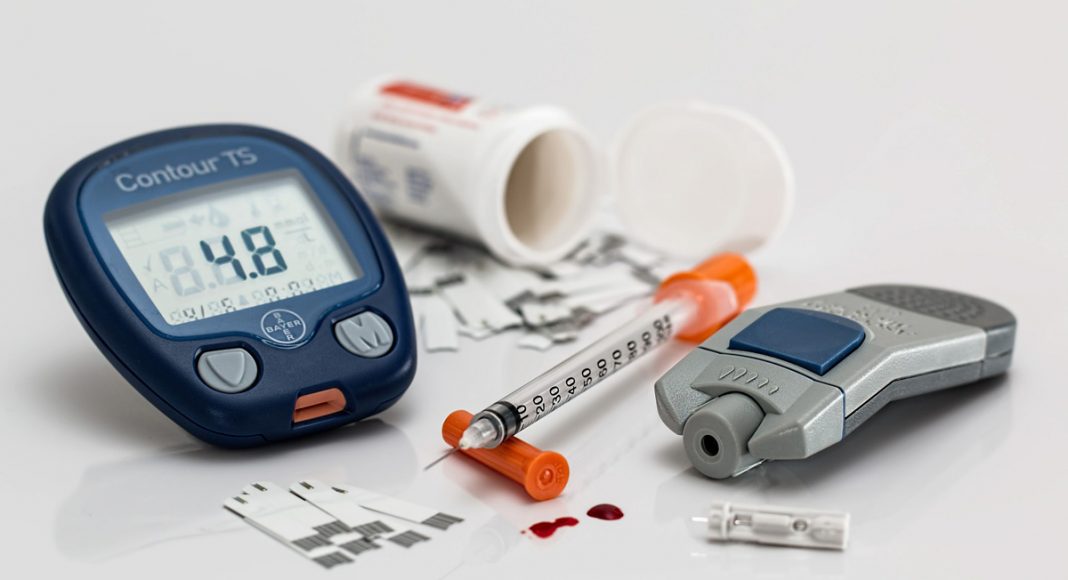The federal government claims there are more than 100 million Americans either living with diabetes are or on the verge of becoming full-blown diabetic. This means millions more people will be diagnosed with this condition within the next five years, according to the Centers for Disease Control and Prevention.
Thos unfortunate souls who have this disease are unable to produce insulin in the same way as a healthy individual. Basically, the pancreas either ceases insulin production or no longer provides the body with optimal output. Either way, man-made medicines are typically employed to keep the person alive.
-
Related Story: Ask The Doctor: What Makes CBD So Useful?
The treatment program for diabetics can range from modest changes to regimented treatment. Some can get away with changing their diets and incorporating exercise into their daily routine, while others must lean on regular prescription insulin shots to stay healthy. Anyone who has self-administered insulin will tell you — it’s no picnic.
But there is now a small body of evidence suggesting that medical marijuana, specifically its non-intoxicating compound cannabidiol (CBD), may eventually eliminate the need for insulin shots.
There are two kind of diabetes. Type 1 is when the body no longer produces insulin. A virus is typically responsible for causing this version. It is said that around 5 percent of the population has Type 1 diabetes, appearing mostly in children and young adults.
There is also the more common Type 2 – affecting around 95 percent of the population — in which the body still produces insulin, just not enough for proper function. This version is brought on by a variety of factors, including a high sugar diet and obesity. Genetics also play a role.
Most people diagnosed with diabetes are doomed to regularly prick their fingers to monitor their blood sugar levels. It may also be necessary for them to self administer insulin shots (Metformin or Avandia). But some medical professionals believe that CBD oil, which is produced by extracting nutrients from the cannabis plant, might be able help patients maintain healthy glucose levels.
Dr. Raphael Mechoulam at the Hebrew University of Jerusalem says CBD receptors, which are found all over the human body, are highly prevalent in the pancreas – where insulin is made. His preliminary studies have suggested that feeding these receptors with high doses of CBD may stimulate insulin production without prescription drugs.
-
Related Story: 8 Things Everyone Gets Wrong About Marijuana’s CBD
Although these results have not been proven without a shadow of a doubt, the concept has inspired additional funding for diabetes research in the United States.
There is also evidence that CBD’s anti-inflammatory properties could help treat underlying medical conditions associated with diabetes. The compound is beneficial in improving metabolic function and repairing nerve damage – both of which can have a nasty affect on diabetics.
But when considering CBD oil, it is important to discuss it with a medical marijuana professional. Not all oils are created equally, so open dialogue with dispensary staff is a crucial first move. Some diabetics have experienced success with CBD, while others not so much. It is really about finding the medical marijuana product that works best for the individual.


